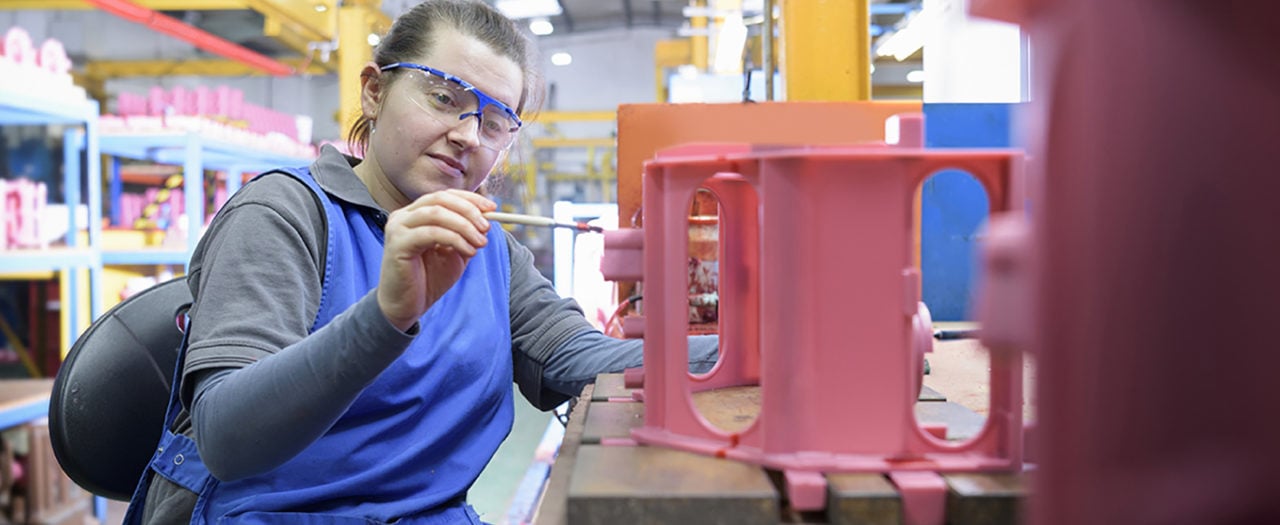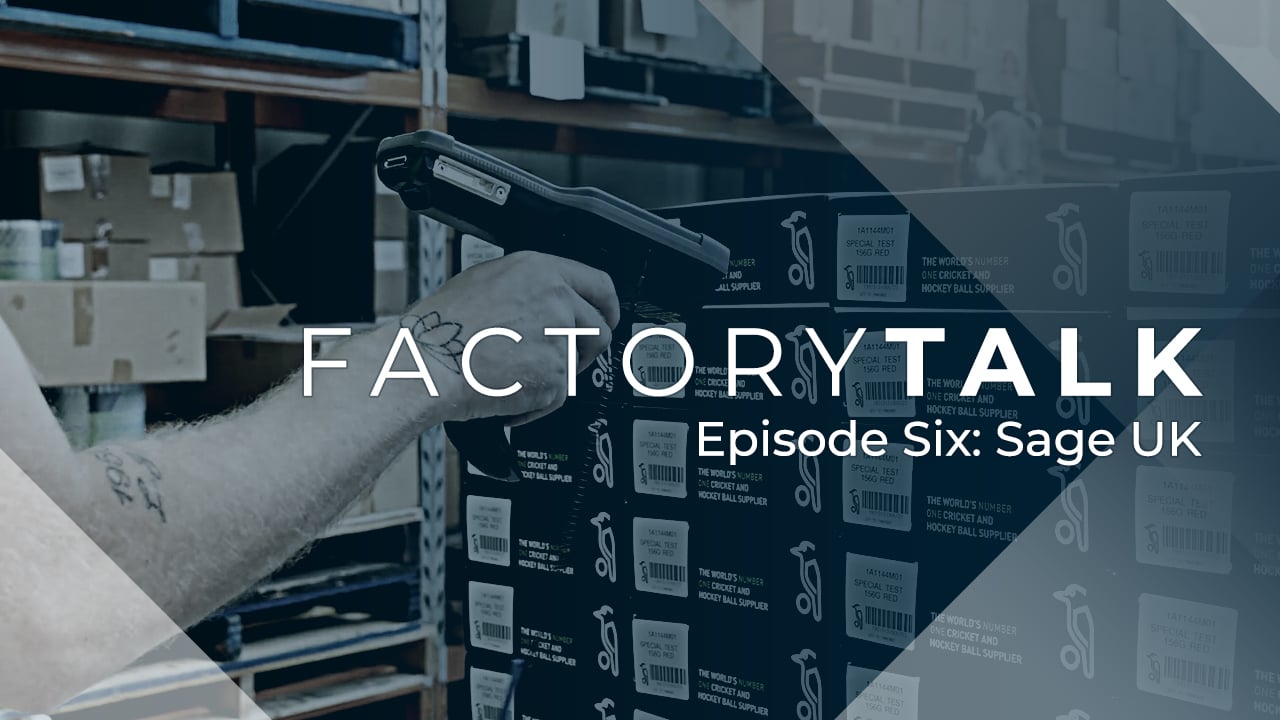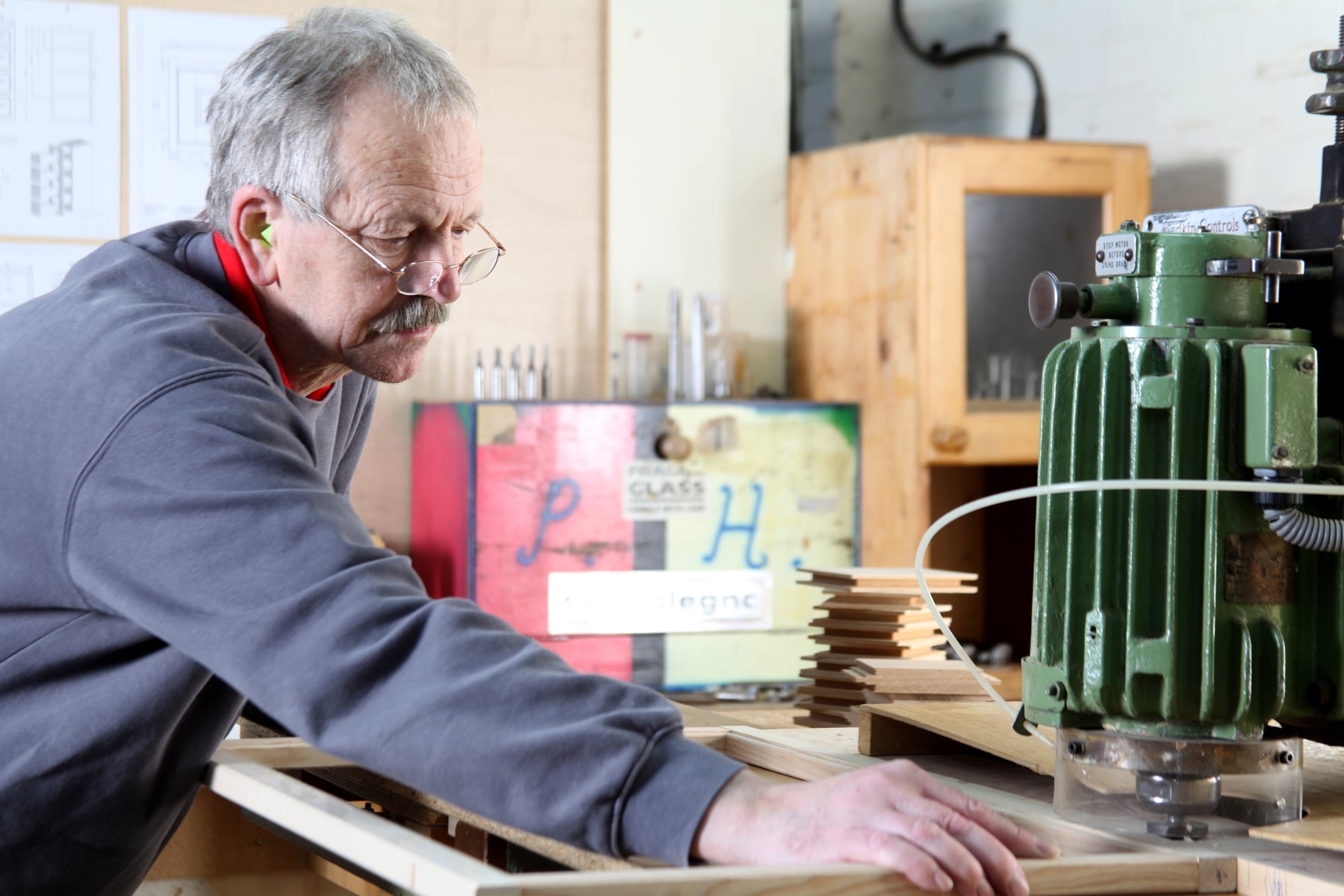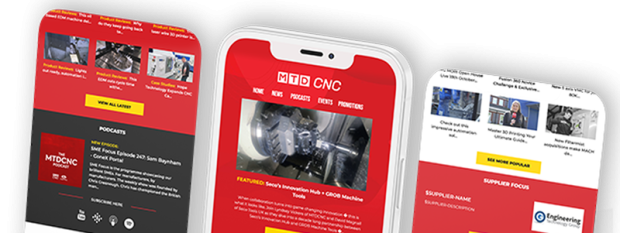The manufacturing sector is back in action. But after what has been a significant financial hit for many, what steps can businesses take to get back to work simply and profitably in a world that is changing?
As with other businesses and industries around the world, the coronavirus (COVID-19) outbreak has resulted in a hugely challenging period for many manufacturers around the UK.
Many have been working around the clock to keep the country fed, watered and provided with personal protective equipment (PPE).
In our conversations across industry, we detect a mixture of emotions. There is uncertainty and nervousness, but also an underlying excitement.
We doubt any business has failed to use the time of lockdown wisely. They have been re-evaluating their priorities. And many of the companies that have worked through the outbreak have been open to sharing their best practice.
We spoke recently with RS Components, whose distribution centre has been operating at increased capacity to supply the NHS with PPE. They have been only too willing to share ‘what good looks like’ in terms of health and safety in the current environment.
UK plc is going to enjoy – and need – this spirit of collaboration as we get back to work. Here are what we believe are the key steps and opportunities.
1. Health and safety first
Manufacturing is the one sector that puts health and safety at the very forefront of all working practices.
Manufacturers tell us that the key challenge they face is in bringing back the workforce in a compliant and safe fashion.
Examples of successful (and not necessarily costly) strategies we have seen include:
Factories being turned into one-way circuits
Queuing systems for washroom facilities
Lockers where doors are opened with feet rather than hands
Canteens closed and staff being asked to bring in their own food
No shared crockery/cutlery
Temperature monitors for staff on entry/exit
Yes, the two metre rule is difficult to enforce, and yes, some measures are being made up on the fly as the industry collectively deals with a changing set of circumstances, but you are not without options.
It’s clear to us, speaking to manufacturers across the nation, that their primary concern is the health and safety not just of employees but of their families and wider communities.
A little ingenuity goes a long way, and it is possible to cut the cost of getting back to work without cutting corners with health and safety.
2. Rewire your supply chain
Although Coronavirus is far and away the most serious global business interruption of the past 20 years, it’s not the only one we have seen.
SARS, the Fukushima nuclear incident, the Icelandic ash cloud and the financial crash of 2008 all interrupted supply chains.
These global challenges are becoming more common, and we suspect that as climate change accelerates, this will continue. The days of extended global supply chains are therefore likely to come to an end.
There are three ways in which manufacturers and are going to have to become more resilient in their supply chain strategy:
We think it is inevitable that manufacturers globally will look to reshore or near-shore their supply chains. This will ultimately be to the benefit of UK plc: working with local businesses and employing local people keeps money within the local economy.
They will look to dual source, whereby parts and raw materials can come from more than one supplier.
And we are going to see, in many cases, the end of just-in-time delivery. When you keep no inventory at all, even quite small disruptions to the supply chain will have more expensive consequences.
Unfortunately, some key suppliers will fall by the wayside due to coronavirus, so expect some of these changes to be forced on you rather than to happen on your own schedule.
3. Discover financial flexibility
We’ve already seen that manufacturers should focus first on the wellbeing of their staff, and that concern must extend to their broader communities.
We would say the same applies to financial wellbeing too.
Everyone knows coronavirus has created enormous financial uncertainty, and that will be shared by your suppliers.
Ultimately, we’re all in this together. So if you can share best practices or give some financial leeway, it will be hugely appreciated just as you would appreciate the same courtesy from further downstream.
You might offer or ask for:
Advance payments
Better credit terms
Payment holidays
Servitised/pay-as-you-go models
Original equipment manufacturers (OEMs) have a responsibility to their suppliers, because if you stick to hard and fast rules, you may save or earn a few pounds more, but it will squeeze your supply chain out of business – and that will cost far more in the long run, possibly your whole business.
Even if you survive, the cost of refashioning the supply chain to accommodate a new partner will likely be more than any short-term saving.
It may be challenging to be uniquely tolerant on the finances just when it hurts most, but that flexibility will serve the whole industry well.
4. Leap into Manufacturing 4.0
We think this is an unparalleled opportunity for UK producers to examine their existing business processes.
The UK has lagged behind the rest of continental Europe in terms of adoption of the most advanced Industry 4.0 techniques. And if ever there has been an incentive to digitalise, automate and roboticise, this is it.
We fully understand that making these big changes involves capital investment – of the sort that many businesses will find eye-watering in the current climate of minimising risk. But there has never been a greater burning platform for changes that will drive long-term efficiency.
Forward-looking manufacturers should increase the pace and adoption of these technologies and software.
These tools will help them to run in a much more automated fashion, reduce reliance on large numbers of people working on relatively low-skilled activities, and allow them to be redeployed on to more useful, high-value work.
These techniques will also unlock the ability to capitalise on some of today’s major customer-facing trends:
Servitisation
The concept of ‘as-a-service’ provision has been around for more than a decade, and businesses that are capable of deploying the technology and restructuring the support side of their operations are reaping significant rewards.
This is the ideal opportunity for a fundamental rethink about your revenue streams and how you actually generate money.
Business to consumer (B2C)
Selling direct to consumers is something that most manufacturers have not been comfortable with, but coronavirus has forced many to do so, even if in a disorganised way. It has created proofs-of-concept overnight.
With web sales platforms now easily available, many companies will realise that this is a key new opportunity.
5. Learn from a changing world
The world has changed around us. Whatever we wish, it won’t go back to exactly how it was just two months ago.
Undoubtedly, there will be business failures – we’re already seeing that. But for those that are agile, forward-looking and disruptive, we think there is a real opportunity to reset the business in a more profitable and efficient way.
Above, we looked at business models, but it’s also important to flex to consumer trends, and the current situation has moved society in many interesting ways that we feel are likely to be permanent, such as:
Home working
Vastly more people will choose to work from home and travel less. Can you either take advantage of this in your business, or profitably serve this new community?
It’s become clear that apart from the people actually running a production line, an awful lot of manufacturing – the back office, research and development (R&D), management – can work perfectly well from home.
In fact, even a shift leader wouldn’t necessarily need to be on site for the whole of their shift. We expect this to continue.
Sustainability
Smart manufacturers have already put effort into the circular economy and understanding the full cost to the environment and natural resources of the products they make.
Consumers are becoming more attuned to these issues, and coronavirus has contributed to that realisation.
Sustainability and servitisation go hand-in-hand: as-a-service consumption is more profitable and less wasteful; and customers demand greater sustainability for their share of wallet.
Traceability
Driven by the food and beverage sector and concepts such as ‘farm to fork’, we think consumers are becoming ever more interested in provenance.
The desire to shorten supply chains will help this, and other forms of localism or sourcing concern (such as Fairtrade and Red Label) to become prevalent.
Final thoughts
Manufacturers are naturally resilient. They are engineers, problem solvers at heart.
Businesses that capitalise on these trends will be better placed to establish beachheads in whatever shape of economy emerges in the coming months.










